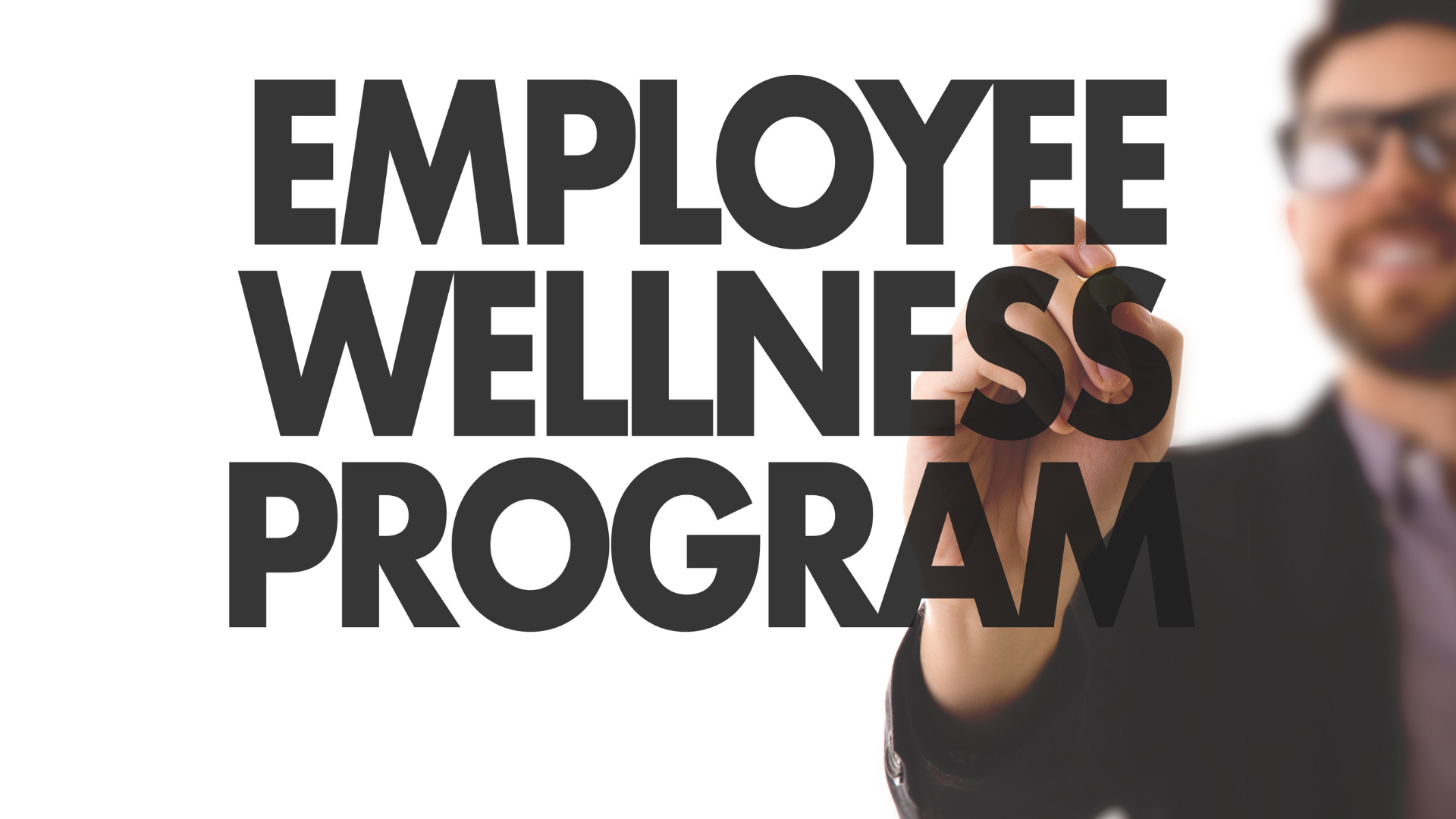
How to foster Psychological safety?
Have you ever wondered what are the top dynamics that make great teams successful? Well, you’re not alone. Google’s team was also curious to find this out, and in 2015, they published their results from a two-year study about what makes a high performing team. Based on their findings, the five fundamental dynamics were: psychological safety, dependability, structure & clarity, meaning of work, and impact of work. While all five are required to create an incredible team, it was found that psychological safety stood out as the most critical factor.
Psychological safety is a belief that one will not be humiliated for speaking ones mind, ideas, concerns, or questions. It allows for moderate risk-taking and boosts creativity – just the kind of behaviour that leads to industry breakthroughs.
Inculcating this in your workplace will have countless benefits, and here are some ways you can do that:
Give your Employees a Voice
Table of Contents
Placing excessive restrictions on your employees, especially in ways that limit communication, is a colossal detriment to psychological safety. To overcome this, it is recommended to create well-formed liberal pathways to leadership, provide various channels for feedback, and encourage conversations. This can be a vital force in helping contemporary organisations learn well and succeed. By speaking their minds effectively to those who occupy positions to authorise actions, employees can help challenge the status quo and offer ideas to improve the organisation.
Educate your Staff
In the current scenario, time off due to stress is becoming commonplace. Although, as a whole, society is getting more comfortable talking about the impact of stress, it is crucial to educate your employees about this. It might be a good idea to certify key members in mental health first aid courses before implementing a peer mentorship program to create a positive workplace culture.
Inculcate a Learning Mindset
It is true that criticism leads to defensiveness, and it is likely that no employee will feel safe to take risks when they’re afraid to be punished or humiliated. To prevent this, adopting a learning mindset where you engage effectively in coaching questions and problem-solving methods will be vastly beneficial. By eliminating the fear of blame, you give rise to a culture of creativity.
Bring Employees Together
In a world devoted to social media, go out of your way to create well-structured opportunities for employees to come together, face-to-face. Such experiences allow employees to be comfortable with taking moderate risks, making mistakes, and realising that it’s okay. By doing this consistently, employees will become more assured of the organisational support towards risk-taking.
Development of Mental Toughness
Mental toughness determines how people usually respond to pressure and challenges. It is closely related to resilience and grit, which are some of the essential factors for success. By inculcating this in your team’s mental toughness, you will help them respond favourably to various challenges, adversaries, and setbacks and with greater confidence.
It is important to note that when the workplace feels challenging but not terrorising, teams can sustain the broaden-and-build mode. This leads the oxytocin levels in their brains to rise, which further leads to eliciting trust. Now that you know how important team psychological safety is, incorporate it in your workplace and yield the benefits.
To know more about psychological safety and how you can apply it, read this.









